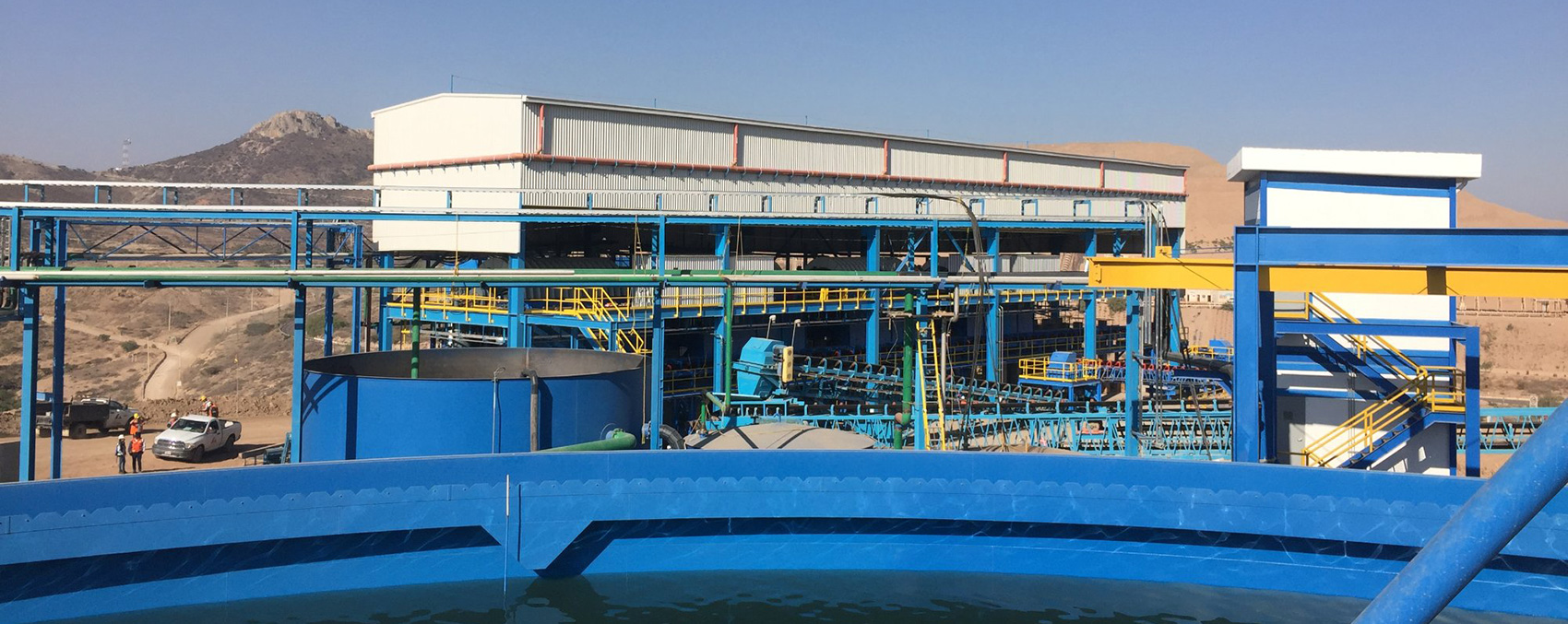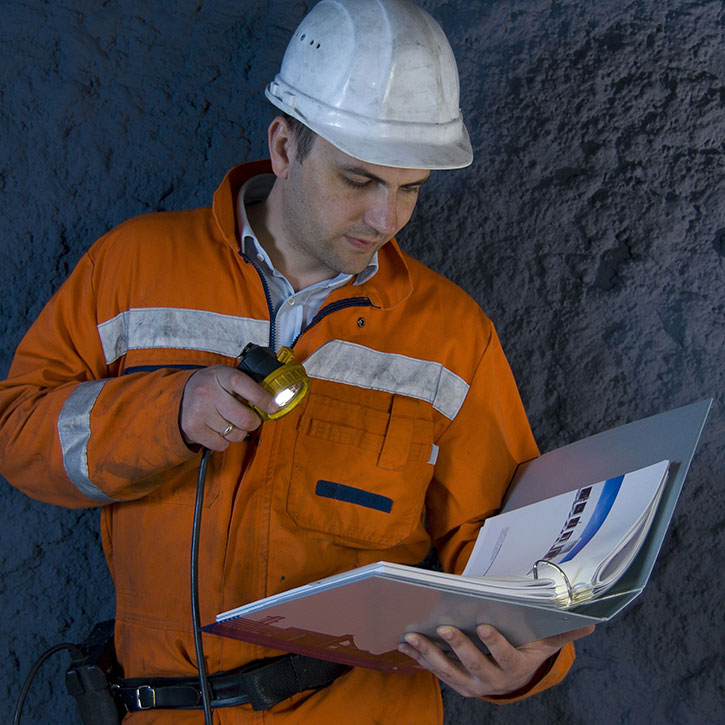Tailings Dewatering and Paste Backfill Laboratory
We believe that when you want something done right, you do it yourself. RMS owns and operates a Tailings Dewatering and Paste Backfill Laboratory located in Sudbury, Canada. Our state-of-the-art laboratory is equipped for characterization, particle segregation, dewatering (flocculation/thickening and filtration), rheological, geo-chemical and paste backfill test work.
All testwork is completed with in-house employees thus avoiding the pitfalls of vendor-specific test work reports. With this approach, we avoid the limitations of vendor-specific reports which often do not provide the fundamental analysis of the work or provide blanket outputs. This lack of key data often limits the details required for engineering design, creating further delay and expense.
Integration is the Key
The interconnectivity of our engineering personnel within the laboratory setting promotes deep knowledge of materials and their handling. Additionally, combining our practical laboratory testing environment with our engineering design capabilities. This allows for the design and implementation of technology to tightly control performance outputs, whether it be for filter-cake moisture, or geotechnical and mix-ratio designs. All these aspects support optimized performance of surface and underground systems and allow RMS to deliver superior testwork solutions.
Materials Characterization
Material characterization tests are conducted to appropriately fingerprint the materials and to benchmark results against life-of-mine changes in mineralogical and process changes.
RMS Capabilities & Typical Characterization Tests:
Particle Size Distribution via Sieve & Laser
Solids & Liquids Specific Gravity
pH Determination (Solids and Supernatant)
Mineralogical Composition via XRD/XRF/ICP-leach/QEMSCAN/WRA
Screening/Cyclone Classification
To support generation of synthetic particle size distributions, RMS conducts screening and cyclone classification with in-house equipment, particularly when considering segregation of coarse and fine solids to different areas of the tailings handling circuit.
Dewatering (Thickening & Filtration)
Dewatering tests are conducted to determine the solid-liquid separation characteristics for thickening and filtration applications.
RMS Corp's Typical Dewatering Tests:
Flocculant Screening
Static & Dynamic Bench-scale Thickening
PPSM
Bench-Scale Filtration via Cloth (Disc, Drum, Belt) & Pressure
Materials Handling & Rheology
Rheological testing is carried out to evaluate flow and handling properties. This testing evaluates how the material will behave during mixing, slump adjustment, pumping, flowing and while sitting idle in process equipment or pipelines.
RMS's Typical Materials Handling & Rheology Tests:
Yield Stress (Vane Method) vs. wt% Solids Content
Solids Content vs. Slump
Paste Stability / Water Bleed
Dynamic Yield Stress and Viscosity vs wt% Solids

Binder Addition & Strength Accumulation
Strength testing is carried out to determine the appropriate binder and dosage rates into a pastefill system to ensure the target strengths can be met and what mix-recipe must be delivered to meet these targets.
Typical Binder Addition & Strength Accumulation Tests:
Unconfined compressive strength tests via in-house curing chamber (temperature and humidity controlled) and Humboldt strength test machine.
Geo-Technical Stability & Flume Modelling
Geo-technical testing is carried out to determine the target moisture content for materials disposed of on surface and that may form the basis of construction and/or placement within tailings management facilities (wet or dry).
Flume models are produced to support sub-aqueous and terrestrial thickened tailings disposal design.
Typical Geotechnical Tests Include:
Atterberg Limits (Plastic & Liquid)
Undrained Settling
Drained Settling (with Falling Head Permeability)
Air Drying
Slurry Consolidation Tests (with Permeability)
Low Stress Slurry Consolidation (Burette)
Low Stress Slurry Consolidation (Burette)
Compaction Tests (Proctor)
Tri-axial Shear Strength
Flexible Wall Permeability
Geo-Chemical
Geo-chemical testing is used to support the evaluation of leachate, supernatant, and other liquors that require specific handling or treatment requirements within a given system.
Typical Geo-chemical Tests:
Acid-Base Accounts
Trace Metals Analysis
Shake-Flask Extraction
Synthetic Precipitation Leaching & More
Pipeline Pressure Losses & Distribution Systems
Flow loop testing is conducted to determine the friction losses that will occur in a pipeline so to appropriately size the pump required for the underground distribution system and/or the reticulation system itself.
Typical Paste Loop Tests:
Tailings are prepared to the desired solids content (via % w/w solids and slump) and are pumped through a varying (2”, 3” and 5” ID) pipeline diameter with varying line velocities to determine the pressure losses over a determined distance.

